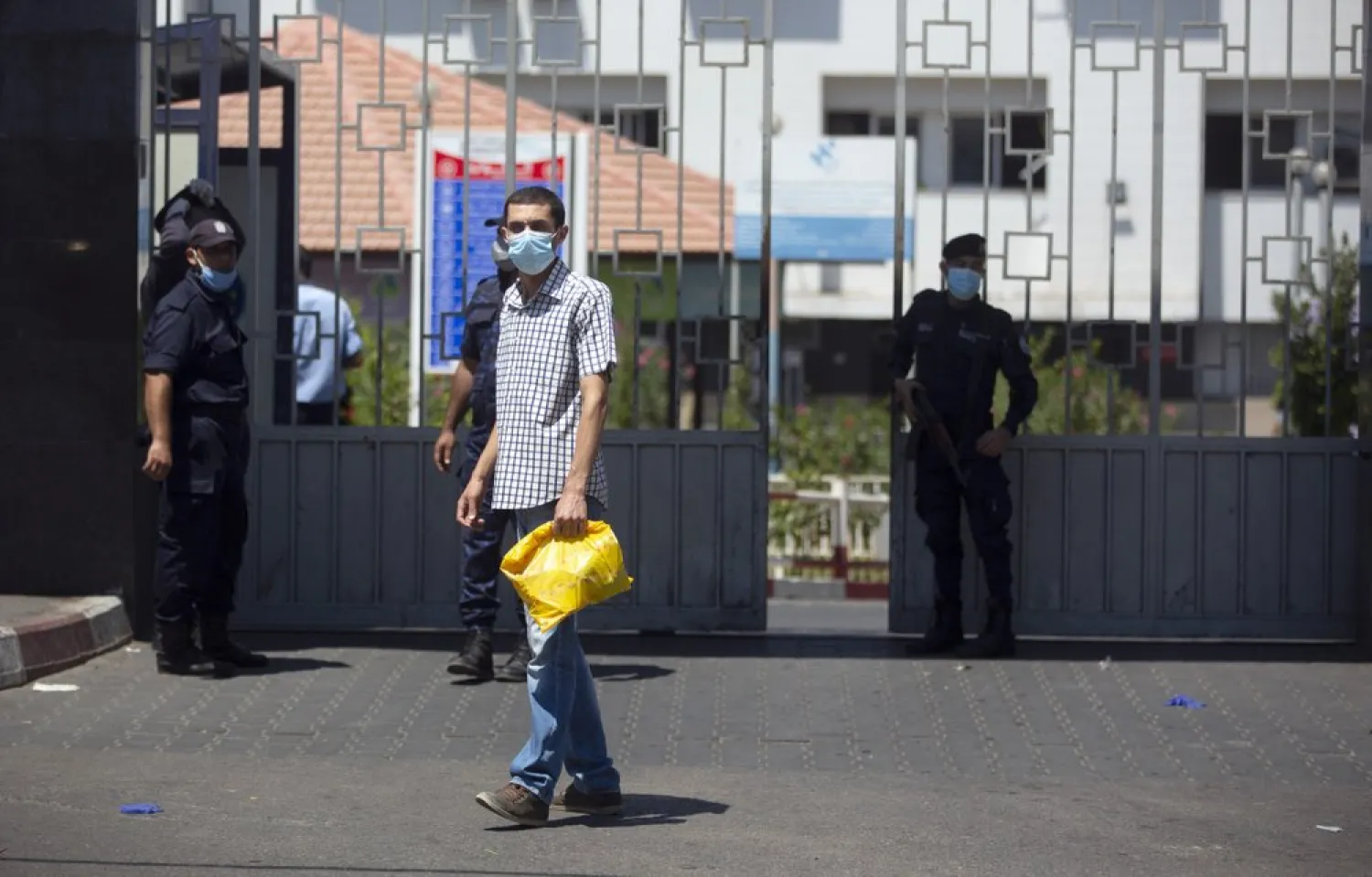Israel and Hamas have reached a truce agreement mediated by Qatar that will see the implementation of a six-month ceasefire, reported Israel’s Channel 12 on Sunday.
In return, Qatar will transfer $100 million to Hamas in a deal coordinated with Doha by Mossad head Yossi Cohen alongside the Coordinator of Government Activities in the Territories (COGAT), according to the report.
The agreement was reached despite recent Israeli warnings of an imminent escalation in Gaza. The Israeli army ordered its forces to be ready for a new round of fighting in the coastal strip at the end of October.
Israel predicted that Hamas might choose escalation and start sending incendiary balloons in response to the deterioration to living conditions in Gaza. Tensions have been mounting in Gaza due to the novel coronavirus pandemic, shortage of medicine and Qatari funds and outrage over recent Arab peace deals with Israel. The upcoming American presidential elections may also be a factor in any new escalation.
Israel’s Maariv newspaper revealed that Hamas is witnessing a major crisis and internal pressure due the poor conditions in Gaza.
A security source predicted that the Palestinian group may again resort to firing incendiary balloons from Gaza towards Israel.
With the exception of two incidents of rocket fire, an unofficial agreement between Israel and Hamas has mainly held since the end of August, when Hamas Gaza chief Yahya Sinwar’s office announced that the group had accepted ceasefire terms negotiated by Qatar.
Israel tacitly indicated its consent by lifting the restrictions imposed on the Strip since the beginning of the August escalation in violence.
A Hamas official said on September 1 that if Israel did not fulfill the terms of the ceasefire agreement with the Gaza rules by the end of two months, there could be another round of escalation of violence on the southern border.
The report by Channel 12 stated that Hamas is seeking to increase the Qatari grant to Gaza through a new escalation.
Hamas is demanding the resumption of of civil projects and reoperation of the power station, the report added.









